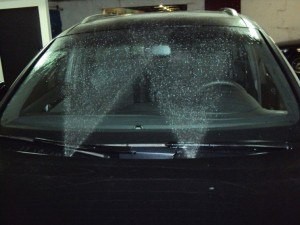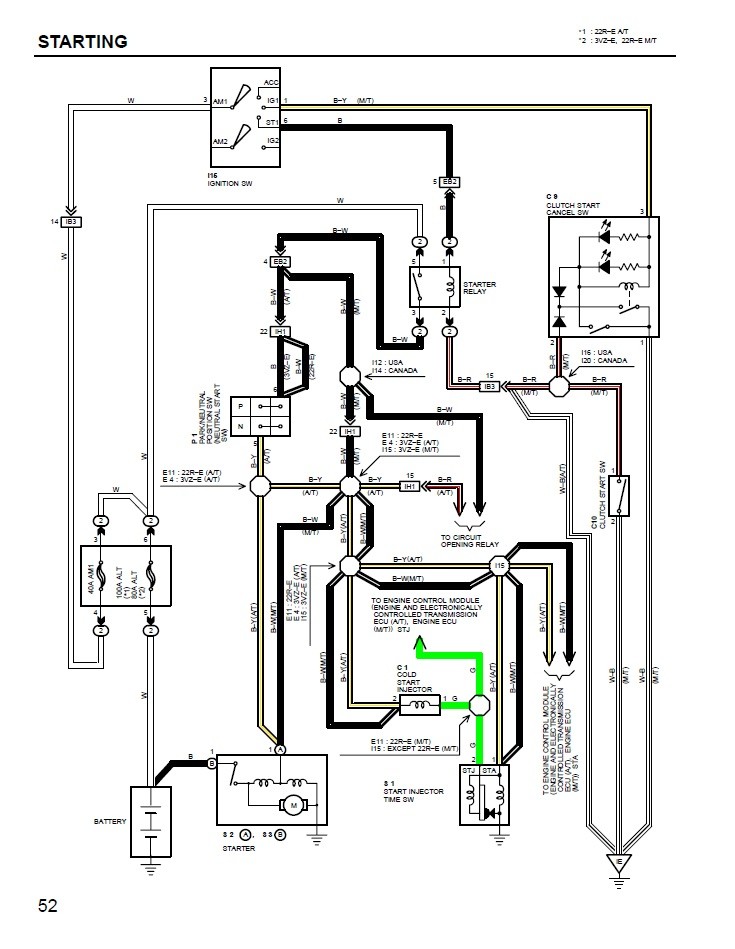
Symptoms of Faulty or Faulty Windshield Washer Jets
Content
Common symptoms include washer nozzles spraying only a small amount of washer fluid, mold in the washer fluid lines, fluid leaks, and physical damage to the nozzles.
A clean windshield is essential for the safe operation of any vehicle. To keep the windshield clean and free of debris, many individual components work together to deliver windshield washer fluid from the storage reservoir to the window, which can be cleaned by activating the wipers. The supply system that sprays fluid on our windshields are windshield washer jets, which are attached to the wiper blades or on the hood of the car. Like any other mechanical device, they can break or wear out over time.
The washer nozzles of our cars, trucks and SUVs are exposed to the elements on a daily basis. When it comes to wear and tear, the most common threat is exposure to direct sunlight, temperature fluctuations, and extreme weather conditions such as snow, ice, and hail. However, there are a few other issues that can clog them or render windshield washer jets completely inoperable.
Since a clean windshield is vital to safe driving, it is essential to have a windshield wiper system that works perfectly and is available to clean your windshield at any time while driving. If you have clogged or broken washer jets, this can pose a safety hazard.
There are several warning signs that can alert you to a problem with your washer jets so you can have your jets repaired or replaced by your local ASE certified mechanic.
1. Washer nozzles only spray a small amount of washer fluid.
Most cars have washer nozzles built into the top of the car's hood or attached to the wipers themselves. They are usually activated by pulling back on the windshield washer control lever, which applies a constant or pulsating amount of washer fluid to the windshield. If the volume of washer fluid is less than normal, this usually indicates a low washer fluid level, clogged washer nozzles with debris and need to be cleaned, or a blockage in the washer fluid hoses. storage tank for injectors.
If the nozzles need to be cleaned, this can be done with a metal probe to remove debris from the nozzle. However, in most cases this should be done by an experienced mechanic to avoid damaging the washer nozzle or replacing the washer nozzle with a new one.
2. Mold in washer fluid lines.
Most windshield washer fluid lines are clear so car owners can see if mold or other debris has gotten inside the lines. Some car owners make a common mistake by pouring water into the windshield washer reservoir instead of washer fluid. However, this usually results in the development of mold within the lines and limits the flow of liquid available for window cleaning. In this case, the washer fluid pump may burn out, resulting in the replacement of other components.
If mold appears in the lines, it is recommended to replace the lines, completely rinse the storage tank and add only washer fluid to the tank. The water inside the storage tank can also freeze, causing it to crack.
3. Liquid flows around the washer nozzles.
If you activate the spray nozzles and fluid seems to come out of the base of the washer nozzles, this is usually an indication that they are likely to break sooner or later. The reason why they leak is usually due to clogged nozzles and liquid is forced out of the rear end of the nozzle. If you notice this warning sign, it is recommended that you replace your washer nozzles.
4. Physical damage to washer nozzles
Because washer nozzles are commonly exposed to the elements, physical damage can occur, especially caused by prolonged exposure to direct sunlight or extreme heat. Nozzles are usually made of hard rubber or plastic, which can warp when overheated. If you live in a hot climate, have a local ASE certified mechanic inspect your wiper nozzles at an oil change or other scheduled service.
Having fully functional washer jets is critical to your safety in keeping your windshield clean. If you notice any of the above warning signs, contact your local ASE certified mechanic to replace your washer jets and check your wiper system for any other damage that will keep your system running smoothly and efficiently.
